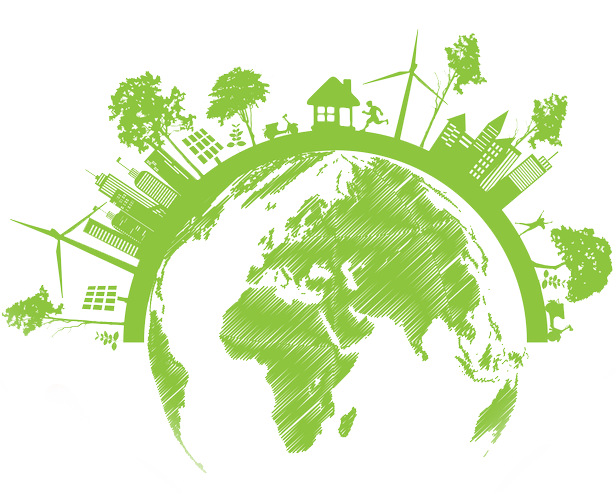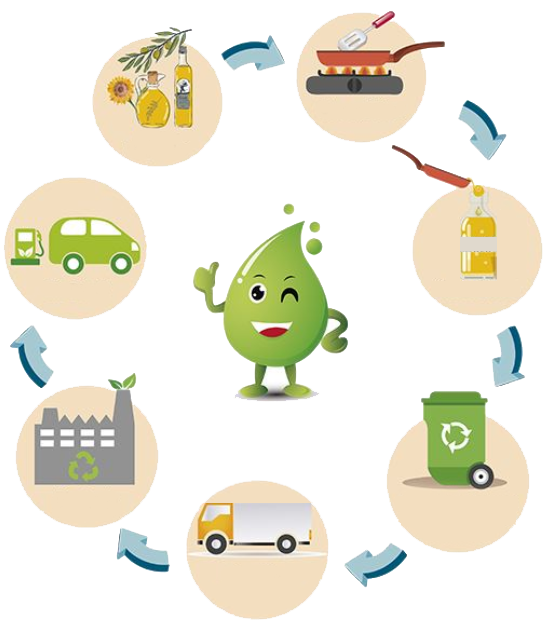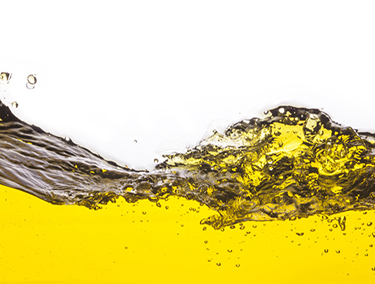
We Buy Cooking Oil
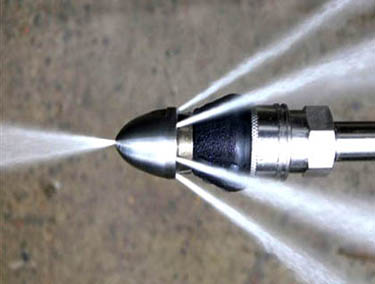
Preventative Maintenance
We offer hydro jetting, video inspection, pressure washing, and much more.

FOG Recycling
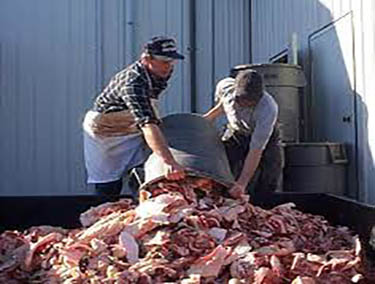
Animal By-Product Recycling (Fat & Bone Services)
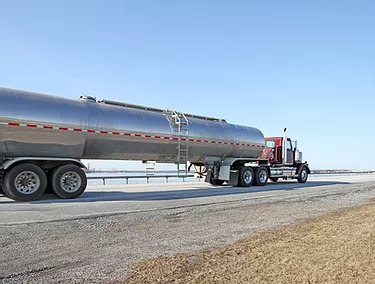
Disposal Facility
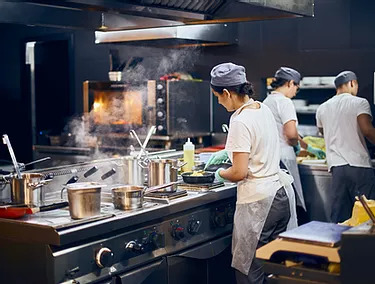
Grease Trap Pumping
LEND Environmental, located in Los Angeles, CA, is committed to inspiring global transformation by promoting healthy growth & sustainability within our community by partnering with local restaurants, hotels, schools, hospitals, casinos, and other industrial kitchens to refine used cooking oil and supply this to biodiesel producers. We pride ourselves on being sustainable by recycling brown and yellow grease into a variety of valuable products.
Our refining facility in Los Angeles, Los Angeles County, CA helps to alleviate the nation’s problem of over-burdened landfills by recycling millions of gallons of used cooking oil that would otherwise be disposed of as waste. We utilize state-of-the-art technology to treat process water while complying with all odor abatement and air pollution regulations to preserve a clean and safe environment.
We begin our process by screening incoming material to remove contaminants and then heating the oil to remove fine particles. We then transfer the oil to our heated settling tanks where the water and emulsion are separated. Oils and any remaining solids from the emulsion go to a centrifuge, where the oils are separated out.
There’s quite a bit of chemistry involved in transforming used cooking oil into biodiesel, in a process known as transesterification. Used cooking oil (UCO) is made up of chains of fatty acids held together by glycerol molecules. Methanol breaks those chains of fatty acids apart. The corrosive, alkaline lye (sodium hydroxide, although you can also use potassium hydroxide) breaks the glycerol (a heavy alcohol) off those chains and the methanol (a light alcohol) in turn takes the place of the glycerol, leaving shorter, lighter, more combustible molecules. The result is an oil that burns well as a direct replacement for petroleum-based diesel fuel, with 12 to 15 percent glycerin left over at the bottom of the tank. The lye acts only as a catalyst in this case, and isn’t consumed in the process.
On the other hand, brown grease, like we get out the back door of restaurants (either grease trap or inceptor), is somewhat acidic because it has free fatty acids, which are produced during heating and cooking. Fortunately, that acidity is neutralized by the extremely alkaline lye essential to the transesterification. Adding lye converts free fatty acids to a form of soap, most of which will drain out with the glycerin. The remaining soap is removed in the wash. Of course, we have to be sure that the amount of alkaline lye is just enough to counterbalance the acidity, or we wind up with poor-quality fuel.

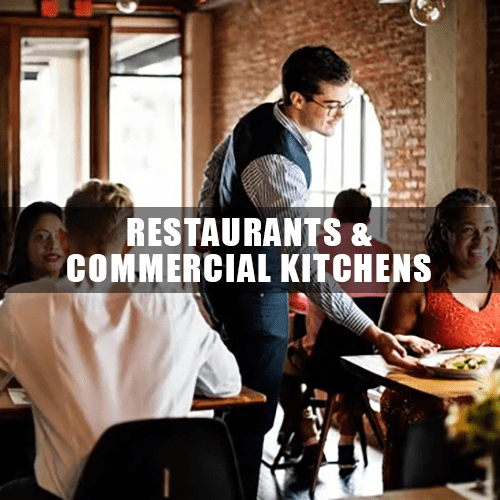






DISPOSAL FACILITY
13151 San Fernando Rd Sylmar, CA 91342
5241 Schirlls St, Las Vegas, NV 89118
PHONE: 818.698.4252FAX: 844.813.5874
After Hours: 888.446.0844
We are available 24/7
EMPLOYMENT
To apply for a job with LEND Environmental, please send a cover letter together with your C.V. to: info@lendenvironmental.com


